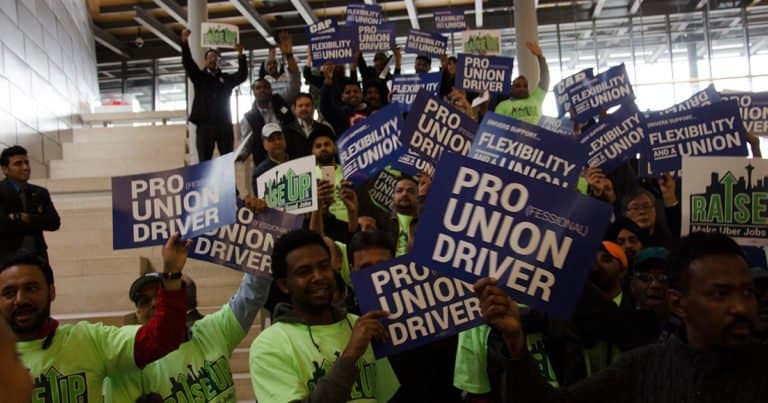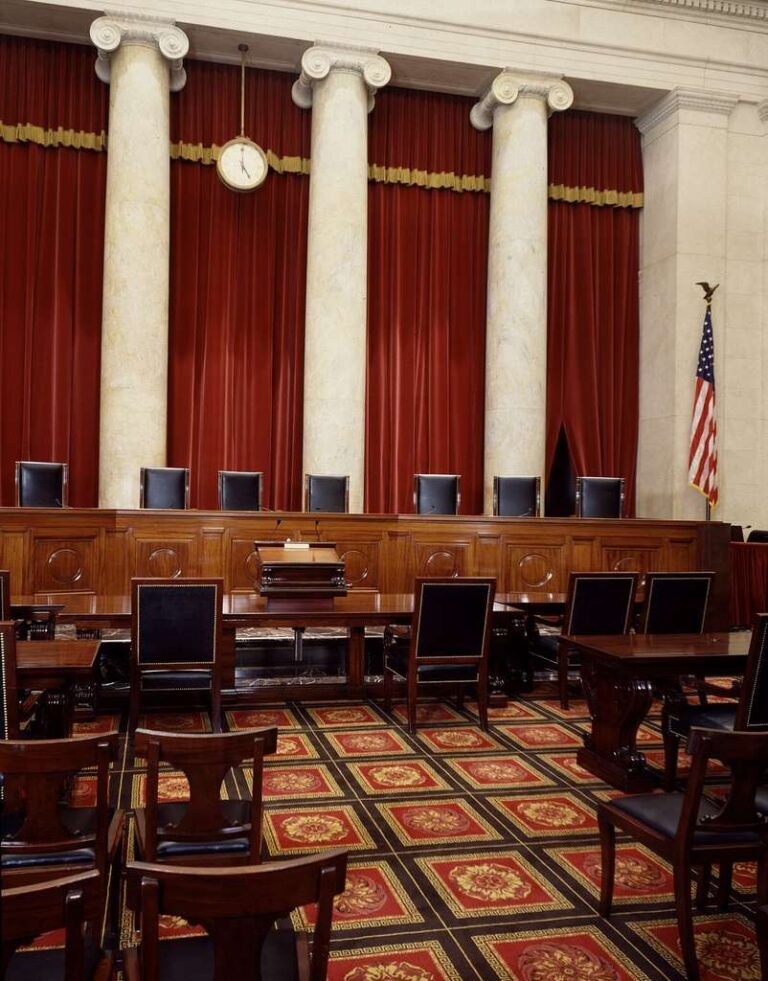
Benjamin Sachs is the Kestnbaum Professor of Labor and Industry at Harvard Law School and a leading expert in the field of labor law and labor relations. He is also faculty director of the Center for Labor and a Just Economy. Professor Sachs teaches courses in labor law, employment law, and law and social change, and his writing focuses on union organizing and unions in American politics. Prior to joining the Harvard faculty in 2008, Professor Sachs was the Joseph Goldstein Fellow at Yale Law School. From 2002-2006, he served as Assistant General Counsel of the Service Employees International Union (SEIU) in Washington, D.C. Professor Sachs graduated from Yale Law School in 1998, and served as a judicial law clerk to the Honorable Stephen Reinhardt of the United States Court of Appeals for the Ninth Circuit. His writing has appeared in the Harvard Law Review, the Yale Law Journal, the Columbia Law Review, the New York Times and elsewhere. Professor Sachs received the Yale Law School teaching award in 2007 and in 2013 received the Sacks-Freund Award for Teaching Excellence at Harvard Law School. He can be reached at [email protected].
Several Volkswagen employees, represented by the National Right to Work Legal Defense Foundation, have sued VW and the UAW on the theory that the parties’ “Agreement for a Representation Election” is a “thing of value” that violates § 302 of the Taft-Hartley Act, 29 U.S.C. 186. In particular, the plaintiffs claim that Volkswagen agreed to pay, lend, or deliver things of value to the union by: holding meetings at which it conveyed its support for the formation of a works council; granting the UAW access to the employer’s property; and agreeing “not [to] take a position opposed to [union] representation.” This is the theory that was at issue in Mulhall, which we have discussed at length. The provisions of the “Agreement” that plaintiffs challenge are standard in hundreds of similar agreements and are not the sort of “things of value” contemplated by §302. All the problems that undermined this § 302 theory as applied to the facts of Mulhall – both the substantive problems and the procedural ones (including the probable lack of a private right of action that Justice Breyer highlighted in his dissent from the Mulhall DIG) – undermines the theory here.
But there is another, even more fundamental, problem with this suit. The Agreement states that, at the time of its signing, the UAW had the support of a majority of the VW employees. Under clearly established law, this means that VW could have recognized the UAW as the employees’ exclusive bargaining representative and begun full-fledged collective bargaining at the time this Agreement was signed. Because VW could have done that, it plainly was permitted to do things like granting union organizers access to its property.






Daily News & Commentary
Start your day with our roundup of the latest labor developments. See all
October 20
Supreme Court won't review SpaceX decision, courts uphold worker-friendly interpretation of EFAA, EEOC focuses on opioid-related discrimination.
October 19
DOL issues a new wage rule for H-2A workers, Gov. Newsom vetoes a bill that regulates employers’ use of AI, and Broadway workers and management reach a tentative deal
October 17
Third Circuit denies DOL's en banc rehearing request; Washington AG proposes legislation to protect immigrant workers; UAW files suit challenging government surveillance of non-citizen speech
October 16
NLRB seeks injunction of California’s law; Judge grants temporary restraining order stopping shutdown-related RIFs; and Governor Newsom vetoes an ILWU supported bill.
October 15
An interview with former NLRB chairman; Supreme Court denies cert in Southern California hotel case
October 14
Census Bureau layoffs, Amazon holiday hiring, and the final settlement in a meat producer wage-fixing lawsuit.